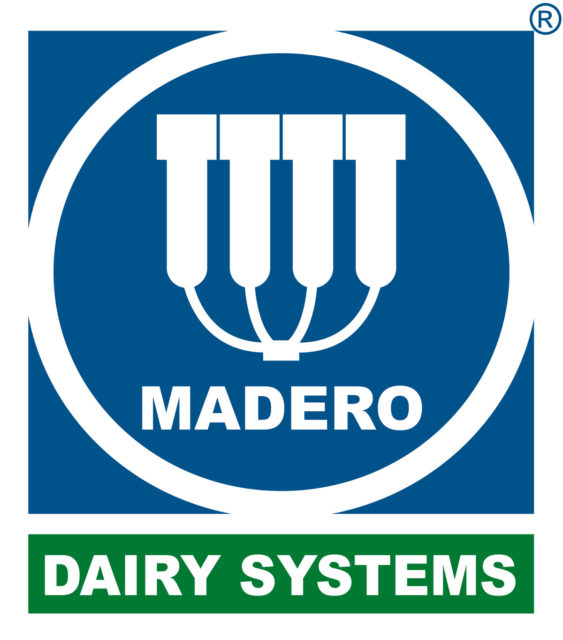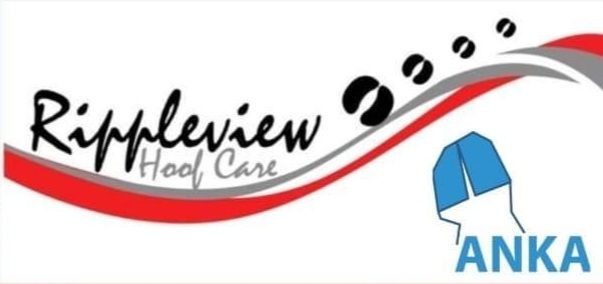As owner of W D Farms, a manure application and trucking company, we’ve been hauling manure and other organic byproducts for land application since 1987.
Over our many years of operation, these are my observations of safety needs in the manure industry.
Road safety
We prefer not to run or move from farm to farm at night. If we have to do this, we are set up with lots (and I mean lots) of lights – LED lights, white, orange and red lights.
During the daylight hours, we use four-way flashers, flashers on the outer edge of the equipment (we are only 12 feet wide), orange beacons and operate with headlights on. We operate under the mantra, “We need to be seen.”
At night, when we are driving down the road, we operate in “UFO mode.” This is all field lights on until we see traffic, then we cut down to forward drive lights (no brights).
We also pay close attention to all other safety equipment: Our windows are clean, the rearview cameras are operating, and heated mirrors are operating, as they are all used for safe operation on the road.
Brakes, tires and axles
The basic premise is: “Brakes must be properly maintained.” In addition, we have brakes on our honey wagons, along with steering. Our experience is that we have had less braking and tire issues because of the added steering.
Parking brakes also need to be operational and used – with emphasis on “used.” Too many fatal accidents have happened because of rolling tractors and trucks. Our operation focuses on safety all the time and proper equipment use.
The tractor should be properly ballasted and balanced. This involves weighing the tractor and wagon (loaded and unloaded) by axle. We understand this takes time, but again, the focus must be on safety and appropriate use of equipment.
Another absolute activity in our operation is – are you ready for this? – read the operation manual and tire charts for proper loading. I know we “think” we know what to do, but the manual and charts are based on a lot of people doing a lot of research on thresholds for failure, and everyone needs to use that information.
Not following these recommendations can lead to extreme failure of the equipment with catastrophic human impact.
Field safety
As a custom operator, we see lots of different fields and farm practices. When we enter a field, we identify hazards and areas of concern that include slope, ditches, gullies, wet areas and setbacks. Our rule of thumb is: If in doubt, stay out. You would be surprised at how this simple strategy has saved us several times.
With honey wagons, we need to control speed on slopes and turns, so identifying all these items when we are not in the tractor gives a different perspective.
We also control the foot traffic in the barn. Our customers have employees, families with small children and visitors, so we are vigilant of others who may or may not be aware of our presence. At night, we are “hyper-aware” of anyone who could be around us.
Another tool is the use of one-way traffic, if possible. This improves safety by not slowing the loaded vehicles when they meet the empty vehicles. Also, by not driving on the edge of the road, the road will hold up better.
This finding was confirmed by the Professional Nutrient Applicators Association of Wisconsin road weight study (2011). We also try to use right turns, but sometimes that is not possible.
Equipment use
The bottom line of any business is the health and safety of its employees. When using any equipment, I stress (and sometimes it comes across as yelling … ) that proper use of equipment keeps everybody safe.
Everyone needs to be reminded of safe equipment use. Everyone. It might seem redundant, but the reminders are essential to keep employees and customers safe. We review these items frequently:
- Don’t put your body in a pinch point, i.e., toes under trailer tongues, fingers in hitch-pin holes.
- For proper log chain use, use a screw clevis, not a hitch-pin clevis; keep chains in good working condition and use grade 70 chain, not grade 43.

- When you are alone, keep your cellphone on your person at all times – on you, not in the truck, not in the cup holder, not in the lunch bag … on you.
- Just say no to dangerous situations.
I had a situation where a tractor got into a dangerous position on a lagoon slope after dark one time. I decided to leave the tractor overnight. I was asked, “What if the tractor slips in?”
My response was, “So what. Nobody would get hurt.” We came back the next day, in daylight, with calmer heads, and rectified the situation.
Shop safety
A reminder on shop safety might seem remedial, but I don’t mean it to be that at all. We get used to doing things, and we get into a rhythm where we get complacent with safety. We have to be reminded to do things, but more importantly, we have to be reminded why we do things this way to keep us safe.
-
Floor housekeeping – Floor housekeeping is very important. Floors need to be clear of extension cords, cords not being used, air lines and welder leads.
The floor should be free of dirt, water and oil. (I will admit that you can’t “eat” off our shop floors, but at least the pizza delivery guy is not going to trip bringing us our lunch.) We use floor-dry products, cat litter or floor compound that can absorb liquids effectively, but even those need to be cleaned up when they have done their job.
-
Clutter – Unused materials should be put away, not cluttering the walkways and work areas.
-
Air hoses and pressure – Respect air pressure. Use two hands when connecting and disconnecting hoses. Keep air hoses in good condition.
-
Tire work – Mounting and dismounting tires, or “airing up,” are common for every farm shop. Please don’t get complacent in this area. A tire more than 20 percent below working pressure can explode. Like any other part of the vehicle or equipment, know what you are doing and if you don’t know, then seek training.
-
Pinch points – Yes, I mentioned this already, but it bears repeating specifically in the shop. Watch pinch points. Use blocks or jack stands to back up hydraulic jacks.
While working alone is not recommended, sometimes it’s necessary. When alone, be double or triple cautious. Do not trap yourself. Each of us can tell stories of what can happen; you don’t need to be that story.
-
Ventilation and confined use – Confined spaces and welding fumes are very dangerous. We use a ventilation fan. We also own a 4Gas Air Quality monitor. I firmly believe this should be operated by anyone who does confined space entry.
The monitor is expensive – and expensive to recalibrate every six months – but what is a life worth? There are other fumes to be cautious with as well, such as fumes from welding galvanized metal and cleaning insecticide out of a planter.
-
Personal gear – Good shoes and proper clothes are essential for safety. While certain safety clothing items may not reflect an employee’s “personal expression of self,” I would rather the employee remain safe to continue to express himself.
Again, it seems redundant to say it, but we don’t allow hoodie strings and tennis shoes. I remember this conversation about children’s clothing with my wife when our children were little, but it resonates today with a different audience.
-
Eyes and ears – Don’t skimp on eye and ear protection. We provide ear and eye protection to employees and insist on their proper use. I know I am paying the price for not using ear protection early in my career. (Ask my wife.)
Good eye and ear protection will benefit everyone in the long run. Personally, we know that eye protection saved my son’s eyes during an explosion. Enough said.
Analyze
Analyze all accidents and near-misses. While it may be difficult to re-live an accident, reviewing what happened and why it happened will help someone else to avoid the situation again. Retrain this information and improve your processes.
Points that cannot be stressed enough are:
- Think all of the time. Think before moving.
- Observe: Pay attention to your surroundings and use mirrors.
- Common sense is not very common. Do not assume everyone else will use theirs.
- Don’t get in a hurry.
- Do not cut corners on safety.
- Slow and steady beats fast and jerky every day.
- All employees are in charge of safety. We need to watch out for others. If you make a mistake, don’t rush and make a bigger mistake.
I highly recommend the publication from Purdue University Extension by Fred Whitford, “Extracting Stuck Equipment Safely.” We have used this piece over and over as a reference as well as a teaching tool for my employees.
My summary thought is this: Safety is more important than production because human capital is more precious than gallons or tons moved. PD
Eric Dresbach is the president of W D Farms Inc. Email Eric Dresbach.
PHOTO 1: Honey Wagon
- Rear-view camera
- Reflective tape
- SMV sign
- SIS sign (45 mph+)
- LED tailights
- Fenders
- Flashing lights on outer edges
PHOTO 2: Screw clevis. Photos by Eric Dresbach.




